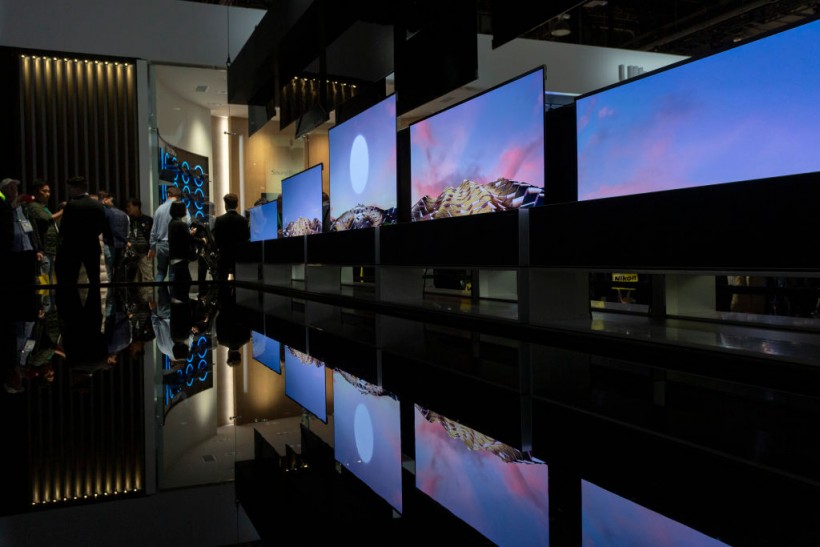If you are looking for a new television set, you'll most likely encounter QLED and OLED in the market. These two types of television units are relatively important when it comes to the kind of picture quality that you want to experience.
What are the differences between OLED vs QLED? Is one better than the other?
QLED means Quantum Light-Emitting Diode. QLED uses tiny nanoparticles called quantum dots to super-charge its brightness and color. That's what make it different from a regular LED TV.
OLED means Organic Light-Emitting Diode. This kind of television don't need a backlight because each OLED pixel produces its own light.
While both units provide a good viewing experience, there are similarities and differences between the two. And one may be superior than the other. Here is the comparison between OLED and QLED to find out which is the right option for you.

Black Levels and Contrast
The difference between the darkest part of an image and the brightest part is called contrast. To achieve a good level of contrast, a TV unit that can deliver a truly black dark portion doesn't have to make the bright parts quite as bright. Since OLED TVs can turn unused pixels off completely, it has the ability to go completely black when it needs to. This means OLED has better black levels and contrast.
Brightness
When it comes to brightness, QLED TVs have an advantage. Due to the fact that QLED uses separate backlights, the LED backlights can be made incredibly bright.
With the quantum dot's ability "to maximize that light by producing brighter hues in the color spectrum without losing saturation, you've got a display that is more than bright enough to be seen clearly in even the most brightly lit rooms," according to Digital Trends.
When it comes to brightness, QLED has better technology.
Read Also: How Much Did It Cost Apple to Build iPhone 13? Pro Max OLED Display Costs $105 Alone!
Color space
In terms of color space, OLED initially performs better but QLED TVs has tied it down in terms of color accuracy, color brightness, and color volume. According to Samsung, as cited by the Digital Trends, "wider range of better-saturated colors at extreme brightness levels is an advantage."
Viewing Angle
According to CNET, "OLED TVs have almost perfectly uniform screens and maintain fidelity from all but the most extreme angles." Even at drastic viewing angles, OLED screens can be viewed without luminance degradation.
By comparison, the picture quality of QLED screens diminishes in brightness, color, and contrast when you move to the side part. In the aspect of viewing angle, OLED is in an advantageous position.
Lifespan
According to the Digital Trends, LG claims that before an OLED TV fell to 50% brightness, you would have to watch it for five hours per day for 54 years. Since it has been around only since 2013, we cannot determine it yet.
On the other hand, the source of backlighting for QLED is the LED, which is proven and tested to last for years. In terms of lifespan, QLED sounds better than OLED.
Which is the Better Choice for You?
While OLED aced some of the categories in this review and it emerged as the winner, we cannot say that it is right TV for you. Keep in mind that the right unit for you depends on several factors.
One of which is whether the TV tech that you'll choose will work in the space that you have. Another factor is your viewing preference. And most importantly, if it's within your budget.
Related Article: Samsung launches 55-inch curved OLED TV in South Korea










